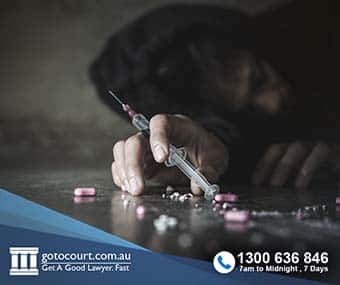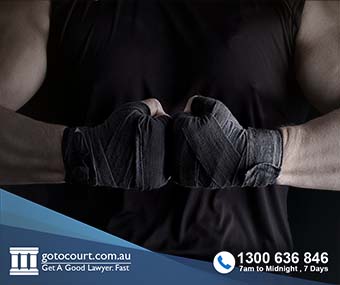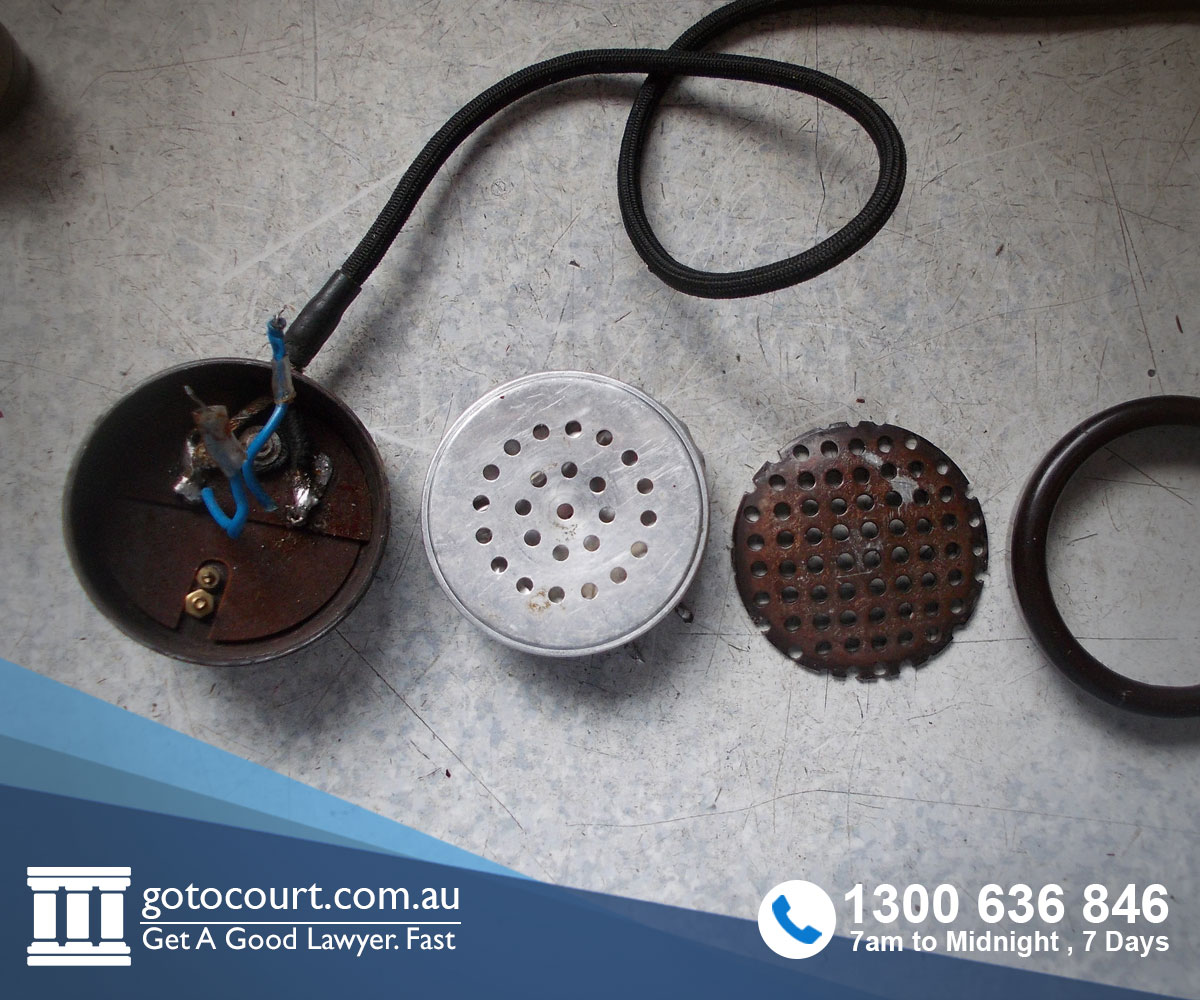Call our lawyers
now
or,
have our lawyers
call you
Commonwealth Drug Offences
Updated on Jan 21, 2024 • 5 min read • 555 views • Copy Link
Commonwealth Drug Offences
The Criminal Code Act 1995, the Criminal Code Regulations 2002, and the Customs Act 1901 are the laws that deal with Commonwealth drug offences. The severity of the penalty associated with these offences usually depends on which drugs are involved and in what quantities.
The Commonwealth Criminal Code sets out three levels of offences based on the quantities of the drugs involved. The largest quantity is known as ‘commercial’ quantity (which typically involves kilograms), then ‘marketable’ quantity (measured in grams), and ‘trafficable’ quantity (generally measured in grams, but in smaller amounts than for marketable quantities).
The schedules of controlled drugs have been extended to include analogues of the drugs listed. These are substances that have a similar chemical structure to a drug that is listed in the schedules.
Possession
Drug ‘possession’ means that the person has actual custody, or is in physical control, of the drug, or they have them stored in a place where they have the ability, the right, or the power to gain custody. It includes both sole and joint possession.
Possession offences are of 2 kinds:
- those involving plant forms of a drug, or the drugs themselves, that have been unlawfully imported (or for which there is a suspicion that they have been unlawfully imported), and
- those which are not linked to importation.
These might involve possessing a controlled drug or drugs or their precursors, possessing instructions for manufacturing or cultivating commercial quantities of plants or drugs, or possessing equipment for either of those purposes.
The maximum penalties for attempting to commit an offence are identical to those for a completed offence:
- commercial quantities of illegal plants or drugs that have been imported unlawfully – life imprisonment
- marketable quantities of illegal plants or drugs that have been imported unlawfully – 25 years imprisonment
- illegal plants or drugs that have been imported unlawfully, or for which there is a reasonable suspicion that they have been imported unlawfully – 2 years imprisonment
- controlled drugs or controlled precursors – 2 years imprisonment.
Manufacturing
‘Manufacturing’ in relation to Commonwealth drug offences includes anything that is done (apart from cultivation) to produce a drug. It can include extracting some kind of drug from, for example, a plant, refining a drug to a more pure form, or creating a different substance or drug from an existing substance.
It is also possible to be convicted of manufacturing a drug if a person plays a role in the direction or control of its manufacture, or if they finance the manufacture (to any extent).
A person may be convicted of manufacturing for a commercial purpose if the substance is manufactured so that it can be sold, or in the belief that someone else intends to sell it.
The harshest penalty a person may receive for manufacturing a controlled drug in less than marketable or commercial quantities is 10 years imprisonment, or, if the offence is aggravated, 12 years imprisonment. The offence is aggravated if a child under the age of 14 years is exposed to the manufacture. It increases to 25 years for a marketable quantity of drugs and life imprisonment for a commercial quantity.
The greatest penalty that can be applied for possessing equipment, a substance, or instructions for commercial manufacture of controlled drugs is 7 years imprisonment.
Trafficking
Under Commonwealth drug offences legislation, drugs are considered to have been trafficked if a person:
- sells it
- has it in their possession and intends to sell it
- prepares it for sale, or in the belief that someone else will sell it
- transports it intending to sell it, or in the belief that someone else will sell it
- hides or conceals it, or guards it from others, while intending to sell it, or helping someone else to sell some or all of it.
The maximum penalties for trafficking controlled drugs range from 10 years imprisonment up to life imprisonment for trafficking a commercial quantity.
Commonwealth drug offences involving pre-trafficking
‘Pre-trafficking’ includes having possession of, manufacturing, or selling a precursor. Precursors are substances that are used to manufacture drugs.
The maximum penalty for pre-trafficking is 28 years imprisonment.
If children are procured for pre-trafficking in precursors, the maximum penalty ranges from 25 years to life imprisonment.
Commercial cultivation
‘Cultivation’ for the purposes of Commonwealth drug offences includes:
- planting
- transplanting
- growing or tending
- guarding or hiding
- harvesting
- picking, and/or
- extracting or collecting a plant’s resin.
A person is considered to have cultivated a controlled plant not only if they themselves do the cultivation, but also if they manage, control, direct, or finance the cultivation. It becomes commercial where the cultivation is carried out with the intention of selling either the plant itself or anything made from the plant, or in the belief that another person will do so.
The maximum penalties for cultivation or selling controlled plants range from 10 years imprisonment up to life imprisonment for a commercial quantity.
Drug importation
Serious drug importation usually involves more than one person. Police will often rely upon the extension of criminal liability provisions including conspiracy, joint commission, and accessorial liability to make sure that everyone involved is prosecuted.
The greatest penalties which may be imposed for importing or exporting border controlled drugs range from 10 years imprisonment up to life imprisonment for a commercial quantity.
The greatest penalties which may be imposed for importing or exporting border controlled precursors range from 7 years imprisonment up to 25 years imprisonment for a commercial quantity.
If you require legal advice or representation in any legal matter, please contact Go To Court Lawyers.

Affordable Lawyers
Our Go To Court Lawyers will assist you in all areas of law. We specialise in providing legal advice urgently – at the time when you need it most. If you need a lawyer right now, today, we can help you – no matter where you are in Australia.How It Works







1. You speak directly to a lawyer
When you call the Go To Court Legal Hotline, you will be connected directly to a lawyer, every time.


2. Get your legal situation assessed
We determine the best way forward in your legal matter, free of charge. If you want to go ahead and book a face-to-face appointment, we will connect you with a specialist in your local area.


3. We arrange everything as needed
If you want to go ahead and book a fact-to-face appointment, we will connect you with a specialist in your local area no matter where you are and even at very short notice.













